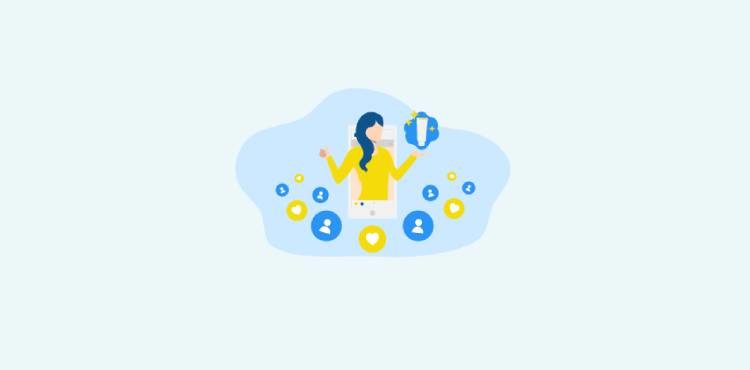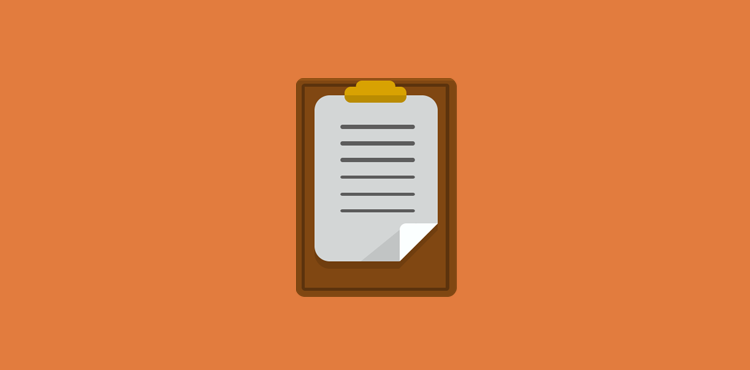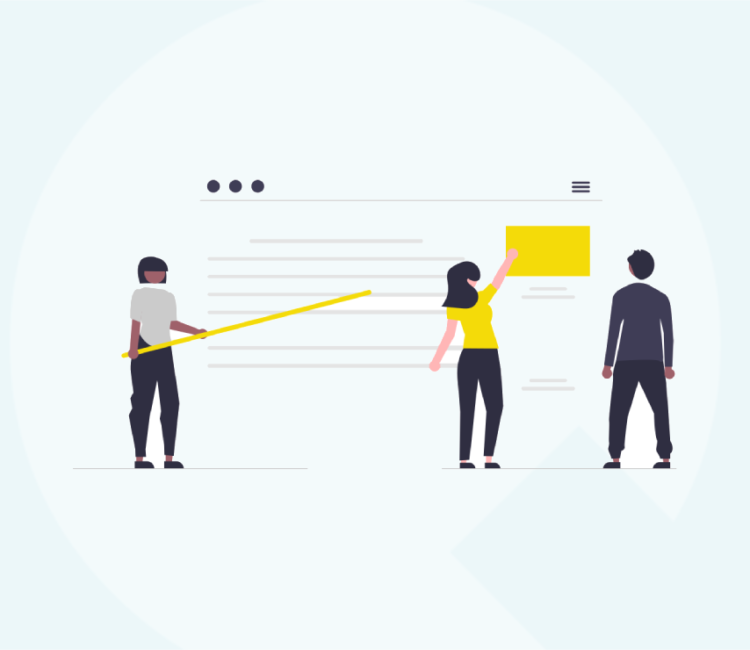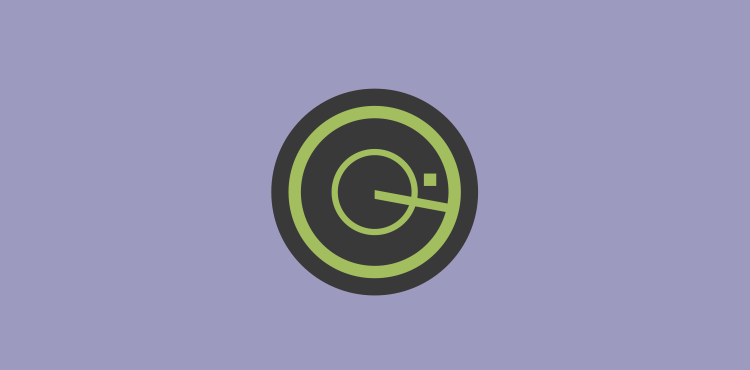You may work in the most focused office environment on your best day, and you’ll still be exposed to at least one interruption. On a usual day in a usual working environment, you’ll be managing interruptions a few times.
Messy email messages with no point, chat messages from your colleagues, gossip between teammates, important news that you have to read… the list is endless.
Your personal issues are among the most common distractions at workplace. No matter how hard you try to detach yourself during work, it’s impossible not to think about the things bothering you.
With the dramatic turn of events imposed by the COVID-19 pandemic, many of us have shifted to work from home. In that case, the list of distractions is even longer. Are you able to isolate yourself completely from your family, partner or roommates?
One way for managing interruptions is to stay completely alone in a distraction-free environment. That’s not possible, is it? We’ll need a strategy that lets you stay focused even when you face an interruption now and then.
Organise your email and handle messages efficiently
Email is a necessary tool for work, but it’s also one of the biggest distractions at workplace. You need it, since it’s the most effective way to communicate with your team manager, team, collaborators, and clients.
As your employers try to manage stress during a crisis, they tend to send even more messages on a daily basis.
But as the notifications come in, each of them will be an interruption to your work. During a busy day, you don’t have the luxury of engaging in communication that’s not urgent.

Turn off the notifications on your smartphone
It’s convenient to get notified on new messages, but you don’t really need that interruption. One way to control distractions is to keep your phone silent when you don’t need it. You will check your messages when you have the time for them, and you’ll respond then. Even the most urgent ones can wait until then.
If you have clients or collaborators who are allowed to contact you urgently, give them your phone number and tell them to use it only when they need immediate answers.
Schedule time for checking email
You can plan a few email sessions throughout the work day. Each of them shouldn’t be longer than 20 minutes. Schedule this time after completing a task or two, so you won’t get distracted with the messages.
This may seem like over-controlling, but it’s a great strategy for managing interruptions.
Set a timeline for your work-related tasks
How do you handle interruptions in the most efficient way possible? You create a schedule, which will help you recognise the distractions.
Let’s say you have a list of tasks to handle throughout the day. You’ll assign a timeframe for each of them. You can use a planner app for Mac to do this. It’s the most effective way to keep things organised. But if you prefer having a traditional paper planner, go ahead and get yourself a nice one.
When you are managing interruptions, one after another, you’ll procrastinate your work on the tasks. Instead of completing them by the time you planned, you’re left with one or two tasks for overtime work.
This will happen when you start planning. You can adjust the time frame a bit, so you’ll fit it to your realistic capacity. However, the plan will also teach you how to deal with interruptions at work.
When someone calls you or sends an irrelevant email, you’ll quickly realise that those activities are not in your plan. When you catch yourself scrolling through Instagram for twenty minutes, the plan will remind you that it’s not time for a break just yet.
Make your plans a day ahead
You’ll need to make a list of all tasks you have to complete tomorrow. You’ll also need to prioritise them.
You’ve heard the “eat the frog” phrase, right? When you complete the most important and most challenging tasks first, you’ll be more relaxed throughout the rest of your day.
Focus on one task at a time
Multitasking is a myth. One way to control distractions is to plan and complete one task at a time. Otherwise, even your work tasks become an interruption. You’ll interrupt one task to focus on the other one, and you’ll be disorganised when you get back to it.
A research study from 2009 showed that the average human brain is not wired to switch attention between tasks. When we do that, part of our attention stays with the task that we interrupted, so we can’t stay focused on the current one. This is a phenomenon called attention residue. We have a need to complete the tasks that we started, so we feel “guilty” about leaving it.
What can you do to prevent that?
Make a plan that flows to a new task after you complete the previous one. This means that you shouldn’t check emails before completing a goal from your plan. It also emphasises the importance of prioritising: you shouldn’t leave priorities for later, so you won’t have to start working on them before you complete the other goals from your list.
If your job imposes the need to multitask, become aware of the attention residue. When you move onto the next task, say to yourself: “Okay; I’ll leave this for now and I’ll come back to it later. But while I work on this other task, I’ll be fully focused on it.”

Image: Pexels
Eliminate self-imposed distractions at workplace
Self-control is a crucial answer to the question: how do you handle interruptions? Your colleagues will interrupt you with their messages and gossip. But be honest: you’re the greatest source of interruptions. Sometimes you are the one who picks up the phone to make an irrelevant conversation. You are the one who spends time on Reddit in the middle of a work task.
You have to stop this self-sabotage.
Assign breaks in your schedule. That’s the time designated for calls, social media, online forums, sandwiches, coffee, and anything else that’s not work-related.
Set time limits for these breaks. You’ll allow yourself to indulge in distractions, but you mustn’t extend the time you spend on them. Five minutes are more than enough for a brief chat with your partner by phone.
Try to use these breaks more productively. What if you have a short walk in the nearby park instead of spending time on Instagram, still stuck in your workspace? You’ll feel much more relaxed and focused when you get back.
You can also try a meditation or relaxation technique. Social media is not necessary. When you get yourself on a “distraction detox” program, you’ll realise there are more productive ways to spend your free time.
How are you managing interruptions beyond your control?
If you work in an office, you’ll have to deal with loud colleagues. If you work from home, you’ll be distracted by cooking smells, your dog, your kids, or the comfortable environment.
Sometimes it’s hard to eliminate all distractions, so how do you deal with interruption beyond control?
Tell everyone that you’re busy. If your colleagues or roommates are too loud, there’s nothing wrong in asking them to take it down a notch.
Try to find a quiet corner in the office, where you won’t get interrupted by people commuting. If you’re working on an extremely important task, you can use the conference room for a few hours.
Play “white noise” or classical music on your computer. It will numb you down from the distracting noise around you. To make this technique more effective, get high-quality headphones that block the outside sounds.
Most important of all, find your centre! You cannot fully isolate yourself from distractions that you can’t control. The world around you moves. Close your eyes, take a deep breath, and tell yourself: “I’m focused. I will do what I need to do without paying attention to what happens around me.” That simple auto-suggestion will change the way you work.
In Summary
If you’re wondering how to deal with interruptions at work, you’ve already taken the most important step forward. You recognise that you have a problem with distractions. Now you need to identify them and take specific actions to deal with them.
We suggest 5 simple ways of managing interruptions:
- Organise your inbox and schedule messaging time
- Make a daily plan for work
- Don’t multitask; focus on a single task at a time
- Eliminate self-imposed distractions
- Learn how to deal with the environment during work
You can do this!
About the Author
James Dorian is a technical copywriter. He is a tech geek who knows a lot about modern apps that will make your work more productive. James reads tons of online blogs on technology, business, and ways to become a real pro in our modern world of innovations.



